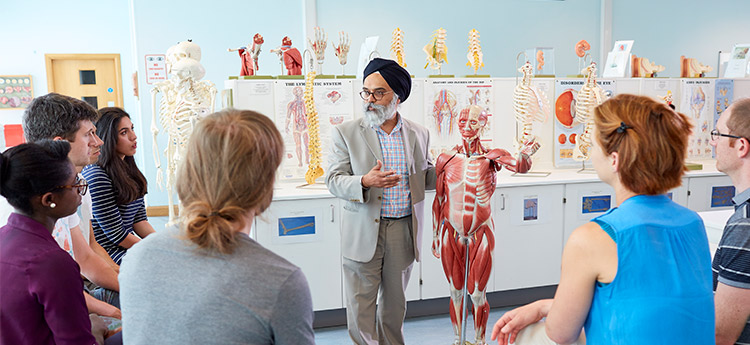Course Overview
Are you looking for a medical degree that accelerates your learning and prepares you to step confidently into clinical practice?
Our accelerated 4 year medical degree is designed to reflect the way in which clinicians approach patients and how patients present to doctors. From the first term you will gain clinical experience on placement.
Throughout the Medicine (Graduate Entry), MBBCH, you will study the basic biomedical sciences in the context of clinical medicine, public health, pathology, therapeutics, ethics and psycho-social issues in patient management.
Together with a strong focus on clinical and communication skills, you will develop the academic, practical, and personal qualities to practise medicine competently and with confidence.
Our entry interview process is structured to take account of these qualities needed as a doctor, as set out in Good Medical Practice, (Professional Standards, GMC), and the capacity to meet the requirements of Outcomes for Graduates (GMC) and Promoting excellence: standards for medical education and training.
As a Swansea medical student, you will develop the qualities and behaviours expected of a safe, effective, and compassionate doctor.
- Communication skills
- Problem solving skills
- Coping with pressure
- Insight and integrity
- Passion for medicine/resilience to succeed
- Organisation and research
- Ethics and values








